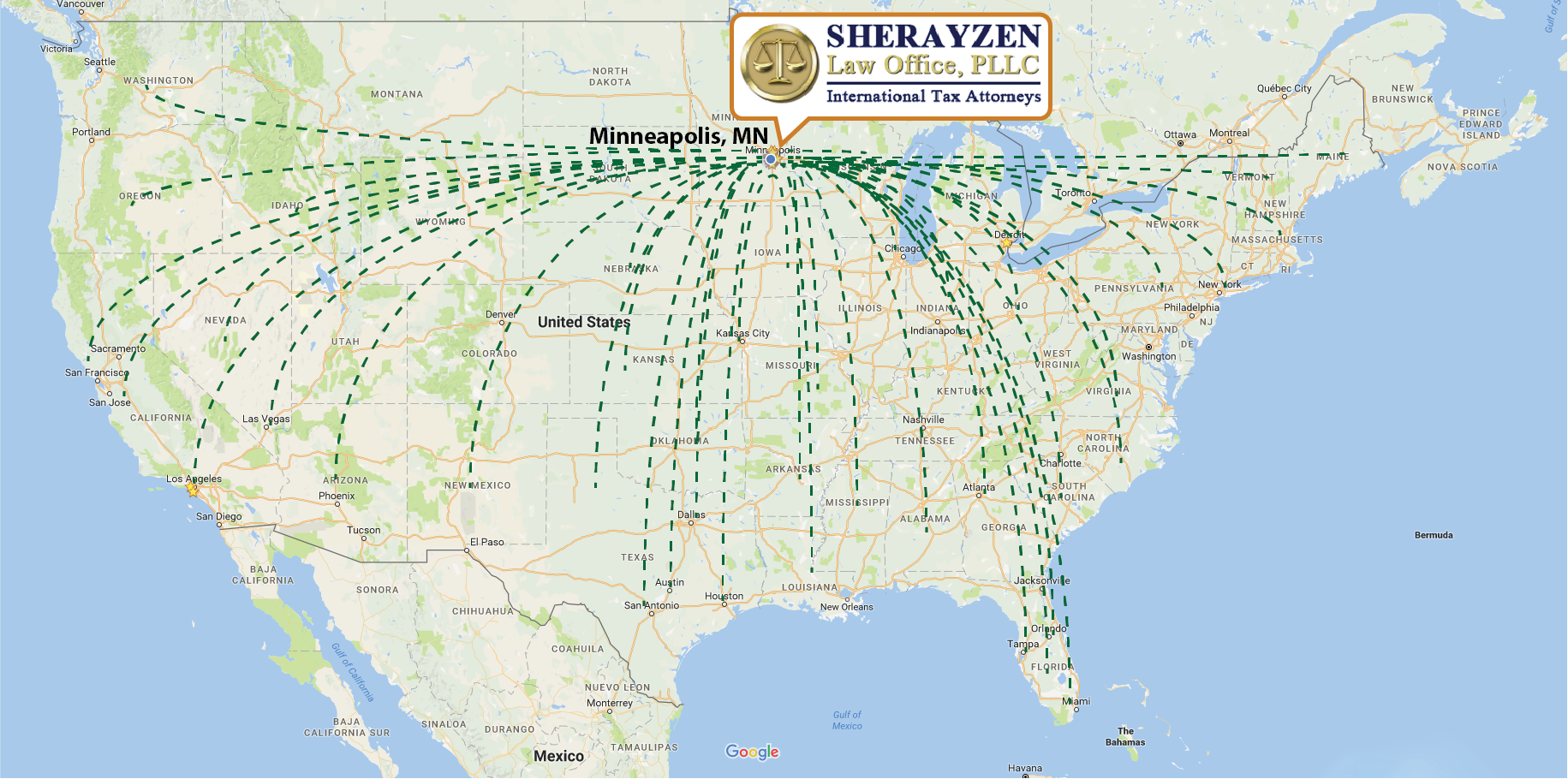Check-the-Box Rules Have Tax Consequences | International Tax Lawyers Miami
But you have to be conscious of the fact that if you’re going to change the classification of a foreign entity, you have to be extremely careful because the very fact that you change the classification of an entity could result in huge, absolutely huge tax liability to your clients.
I’ll give you an example from my practice. My client owned a Polish partnership. How do I know that it was a partnership? One of the owners did not have? Any guess? Limited Liability; that’s right.
So, it was a Polish partnership. He was the 55% owner of the company, okay? He also owned a Polish corporation; he was a 98% owner of it, okay? A Controlled Foreign Partnership, he (my client was a US Citizen), a Controlled Foreign Corporation. As a result of a change in the local Polish laws, they decided that it may well be a good idea to switch this company to a corporation, (sorry) to partnership and this company to corporation. This was a real estate and this was trade. In reality this partnership didn’t do anything directly. But most importantly, most important for our purposes: they were switching this; so, they were switching exactly the opposite: the corporation and the partnership.
In this case, a Polish partnership to a Polish corporation and a Polish corporation to a Polish partnership, in the same country, everything outside of the United States. This company did not have any built-in gains. It was a trading company. It didn’t really have anything except inventory; it didn’t really have any assets of importance.
This one had real estate, so you can imagine, and this was real estate development company; so, there were really some built-in gains here in the assets.
For the purposes of US International Tax Law, what had happened here, by the way, this happened on the same day; so what happened here was that this Polish partnership contributed to its assets in return to the corporate shares and immediately dissolved. Distributing the shares of a corporation to, shares to the Taxpayer, okay? a US Citizen In this case; there was no tax liability. There could have been but in this particular partnership, let’s just say for the moment that there’s not any, but there was no tax liability, but there’s a potential for the partnership distribution without any (but) in actual gain; so, in this case nothing, no tax consequences.
In this case, what happened for US Tax purposes, is that the corporation distributed all of the assets to its shareholders at Fair Market Value. So there were big, big gains here and then the assets were treated as contributed into the partnership at the Fair Market Value. On top of that, this is a Controlled Foreign Corporation. (Later you’ll learn toward the end of my presentation) that since this is a CFC, Controlled Foreign Corporation, Subpart F rules kicked in and prevented the gain from being treated as a capital gain.
There were other stretches that I utilized to lower the tax liability, but that’s a different point; when I first looked at, it I saw this; when I looked at it a second time, I started working it and that’s a different story.
You have to be very conscious that when you check the box; it’s not as if this is some insignificant event and you just check the box; it’s a real dissolution of the entity and a real creation of another one. Even though, I should mention that in both cases, under the Polish accounting, they did not do anything to distinguish the Polish accounting to the pre-dissolution from the post-dissolution; for them for Polish purposes, it was a change of name. In both cases with no tax consequences whatsoever. They did not treat it as a taxable event at all.
So, obviously he had Polish tax advisors and they said, ‘No problem, we’ll then switch it; it’s going to be pretty good for you’. But, he never took into account the fact that as a US Citizen, he’s taxable on his worldwide income and he would be taxed very much on this even though it never left Poland, and even under Polish law, it didn’t mean anything.



